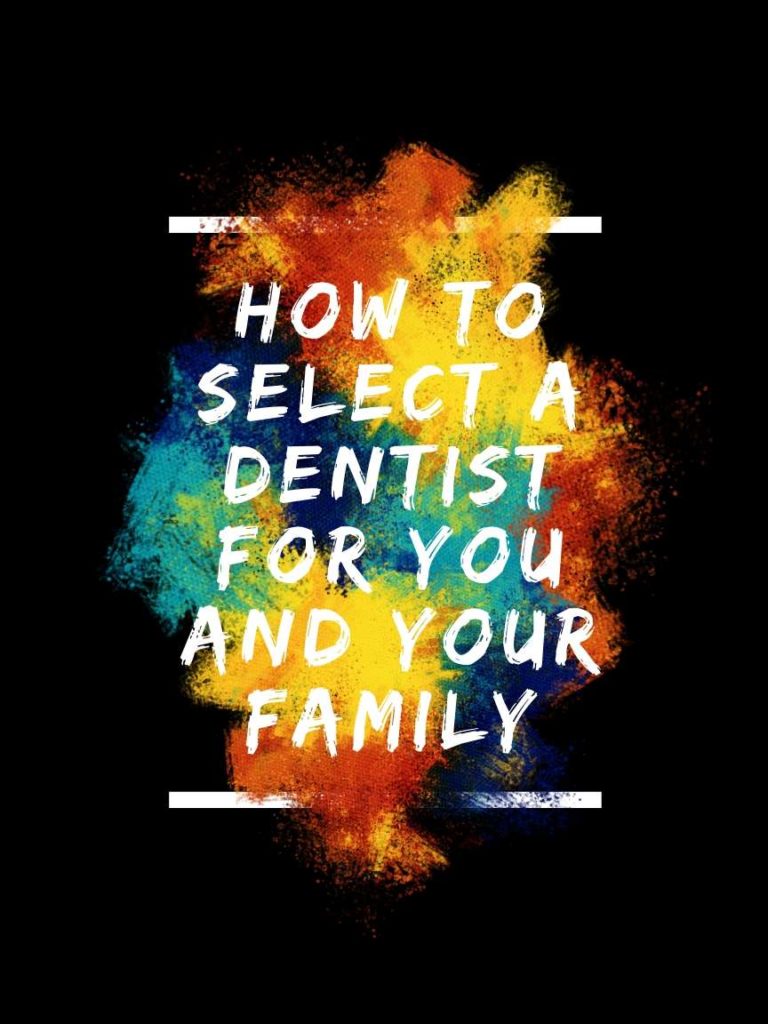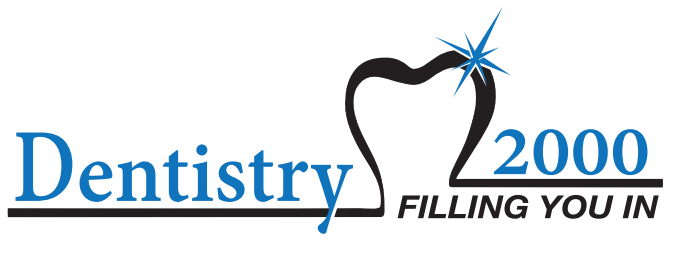
How do you select a dentist?
When choosing a dentist for you and your family, how do you decide which one is best?
- Do you start by checking online reviews?
- Do you go to someone who sent you a discount coupon in the mail?
- Do you pick a name off the list of “approved” dentists on your insurance plan?
- Do you select one who has convenient hours or a location closer to your work or your home?
- Or, do you ask for a referral from a friend?
As it turns out, these are ALL common ways that people decide which dentist to provide the needed healthcare for them and their family.
What criteria should you use?
You want a dentist you can trust. You want someone who will take the time to sit and listen to what you are looking for. Is the dentist willing to do a “Meet and Greet” first to decide if your personalities blend well and do a quick office tour so you can look around, so you don’t feel like you are on an “assembly line”.
Some offices are set up to see dozens of patients a day and the trade-off is their prices might be lower because they see a higher volume of patients.
Some people prefer more of a “boutique” ambiance for their dental work and are willing to pay a little extra to be pampered.
In the sections below we will review a few ideas to consider when selecting a dentist.
Here are some criteria that you could use when choosing a dentist:
- Do you need a dentist that treats both adults and children. or are you OK will selecting two different dentists for your family needs?
- Does the office offer after-hours emergency services, in case you may need it?
- Are you looking to have specialty services done that might require higher technical skills, such as braces, dental implants, root canals, or porcelain veneers?
- Do you require wheelchair access or other accommodations such as close-by parking?
- Does the office offer the most modern digital technology and a wide range of services?
- Does the office emphasize preventive care and comprehensive exams, or are they geared more towards insurance-based dentistry and basic restorative work?
- Are their initial exams more focused on repairing cavities and doing cleanings or do they have more of a complete oral-systemic approach – looking at your overall health, medications, habits and discussing things like sleep apnea, smoking, nutrition, and TMJ?
- Do they encourage you to stop by the office to meet them and get a “feel” of the office?
- Are their infection control protocol and patient safety precautions up-to-date?
Do you need a Specialist?
Many general dentists have taken additional training beyond dental school to become “Board-Certified Specialists“. This means they spent at least 2+ years of additional training in the ADA recognized specific area of dentistry.
In dental school, along with general dentistry, dentists are taught the basics of many of these specialties and with taking additional continuing education courses or programs can do some of the work at the same level of care that specialist could provide.
That said, the more complex or challenging surgical cases are often better referred to a specialist who deals with those types of cases daily, rather than someone who does a couple cases a year.
Below are the recognized areas of specialties in Dentistry:
- Endodontics: Prevention and treatment of diseases of the root pulp and related structures (root canal therapy)
- Oral and maxillofacial pathology: Diagnosis of tumors, other diseases, and injuries of the head and neck
- Oral and maxillofacial surgery: Tooth extractions, surgical treatment of diseases, injuries, and defects of the mouth, jaw, and face
- Orthodontics and dentofacial orthopedics: Diagnosis and correction of tooth irregularities and facial deformities
- Pediatric dentistry: Dental care of infants and children
- Periodontics: Treatment of diseases of the gums and related structures
- Prosthodontics: Treatment of oral dysfunction through the use of prosthetic devices such as crowns, bridges, and dentures
- Dental public health: Prevention and control of dental disease and promotion of community dental health
